TOS Council Election Results
MEET THE NEW COUNCILORS
THANK YOU FOR VOTING! The results are in. Congratulations to our new TOS Council members.
Biological Oceanography
Education
Ocean Social Science and Policy
The Council is the governing body of the Society. Therefore, voting in this election is an important function of membership. The persons elected will participate in directing the affairs and determining the future of the Society. Each candidate has been advised of the responsibilities and duties of the position for which he/she is standing, and each is prepared to devote the necessary time and attention to conduct the Society’s business.
The Oceanography Society thanks the Councilors rotating off the Council for their time, dedication, and valuable contributions to the organization.
Kim Bernard (Biological Oceanography)
Erin Satterthwaite (Early Career)
Sara Harris (Education)
Vicky Ferrini (Ocean Data Science)
Leopoldo Cavaleri Gerhardinger (Ocean Social Science and Policy)
Luanne Thompson (Physical Oceanography)
BIological Oceanography Councilor
The Biological Oceanography Councilor represents the ocean biological science community including disciplines such as biological oceanography, marine ecology, biodiversity, fisheries sciences, benthic ecology, and marine genomics.

Grace Saba
Dr. Grace Saba is an Associate Professor at Rutgers University who leads a research group within the Department of Marine and Coastal Sciences (DMCS) and serves as faculty in the Center for Ocean Observing Leadership (RUCOOL). She received her Ph.D. in Marine Science from the Virginia Institute of Marine Science, College of William and Mary, and her B.S. in Aquatic Biology from the University of California, Santa Barbara. Her research group utilizes laboratory experiments, field research, and ocean observation to investigate how seawater conditions, including environmental stressors such as warming temperature and ocean acidification, affect the ecology, physiology, distribution, and phenology of coastal marine zooplankton and fishes. Her work spans from local shelf waters of the Mid-Atlantic to remote regions surrounding Antarctica. She collaborates with industry partners to develop sensors for autonomous underwater gliders, which she applies broadly to oceanographic research. Her research group now continuously uses ‘ecogliders’ for seasonal monitoring of ocean acidification and, to inform offshore wind development, they conduct glider deployments to collect observational data on physical and ecological oceanographic conditions such as temperature, stratification, pelagic zooplankton and fish biomass, and marine mammal presence. Grace works to develop data products from these projects to meet the information needs of a broad range of stakeholders. She thoroughly enjoys mentoring post-docs, undergraduate students, and graduate students in independent research, and serves as a faculty mentor in Rutgers University’s Masters of Operational Oceanography program that is designed to advance the workforce for the New Blue Economy. Grace co-founded the Mid-Atlantic Coastal Acidification Network (MACAN), serves on the MACAN Steering Committee and Science Working Group, and has been working with the State of New Jersey toward a developing statewide ocean acidification monitoring network and more broadly their Ocean Acidification Action Plan. She led the Fish Carbon Working Group, supported by the Ocean Carbon & Biogeochemistry Program, and continues to organize international research and workshops focused on fish, fisheries, and carbon. Grace has also served as co-lead of the Ocean Health and Ecosystems Task Team for OceanGliders, the international glider component to the Global Ocean Observing System that supports active coordination and enhancement of worldwide glider activity, and she serves as a member of the Habitat & Ecosystem Subcommittee for the Regional Wildlife Science Collaborative for Offshore Wind. Grace looks forward to the opportunity to serve alongside other TOS leadership as the Biological Oceanography Councilor. She will bring her interdisciplinary, collaborative nature to help guide the direction of and address the priorities of TOS and its membership, including those that promote ocean literacy and optimize TOS opportunities to support early career scientists and underrepresented groups.
Early Career Councilor
The Early Career Councilor represents the needs and communicates opportunities for early career ocean professionals across all areas of engagement of the TOS family.
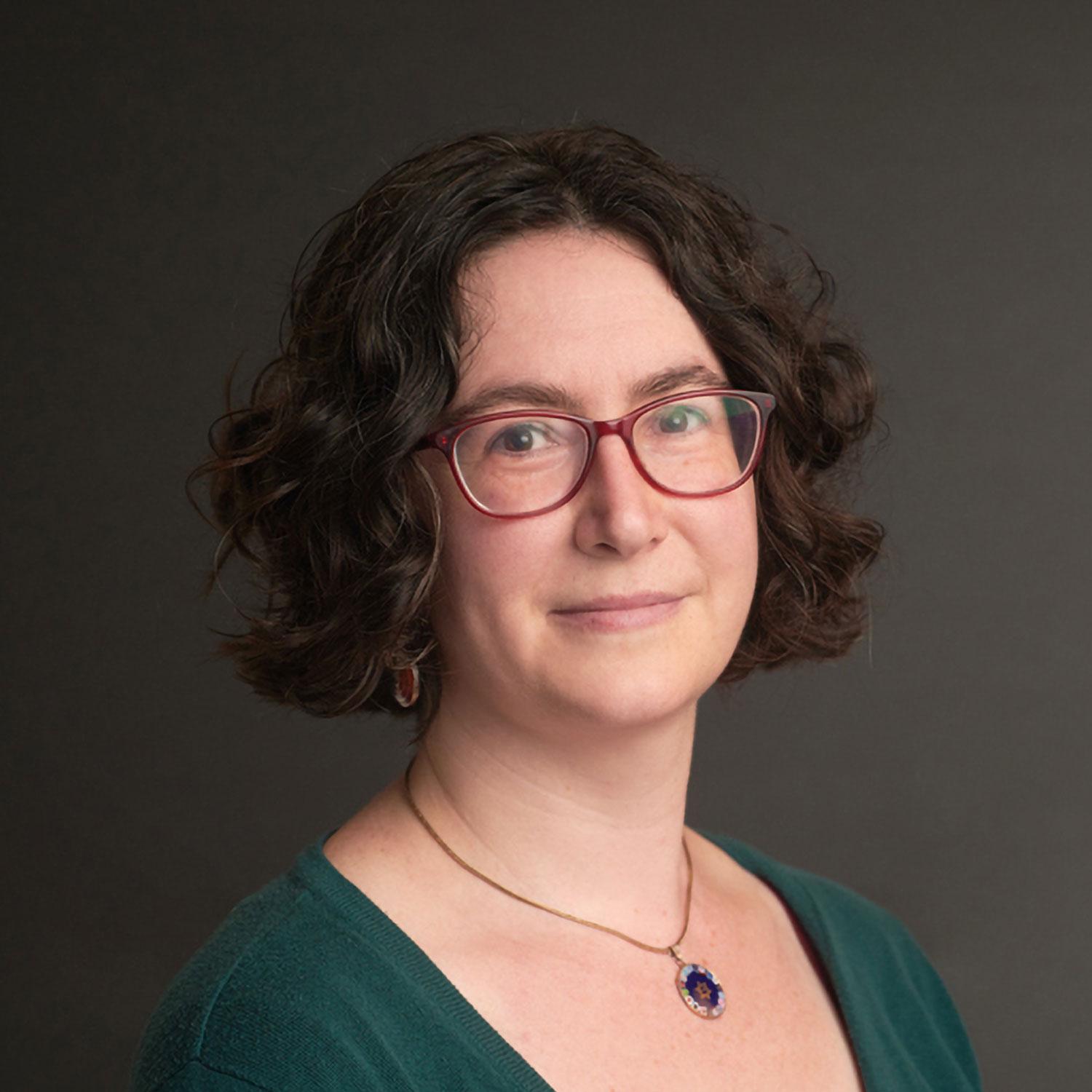
Hilary Palevsky
Dr. Hilary Palevsky is a marine biogeochemist and Assistant Professor in the Department of Earth and Environmental Sciences at Boston College. Her research combines seagoing fieldwork, laboratory measurements, autonomous sensor data, and global climate model simulations to investigate the interactions between biological, physical, and chemical processes in the marine carbon cycle. Her research group’s current projects span from the subpolar North Atlantic Ocean to a coastal salt marsh in New Jersey. Prior to her current position at Boston College, Dr. Palevsky earned her PhD in Oceanography and a Graduate Certificate in Climate Science at the University of Washington, completed a Postdoctoral Scholarship in Marine Chemistry at the Woods Hole Oceanographic Institution, and taught at Wellesley College and The Evergreen State College.
Though her career path landed her in a faculty position in a PhD-granting department, Dr. Palevsky started graduate school without aspirations to end up in academia, concluded her PhD with aspirations to teach at a primarily undergraduate institution, and spent multiple years navigating a dual-career job search together with her spouse. Along the way, she sought out leadership roles aimed at supporting early career scientists, including helping organize the Graduate Climate Conference as a PhD student, serving as president of the WHOI Postdoctoral Association, co-organizing the 2017 Chemical Oceanography Gordon Research Seminar, and serving on the steering committee of the Society for Women in Marine Science. In her current position as a pre-tenure faculty member, she has co-led the OOI Biogeochemical Sensor Data Working Group and mentors a group of early career women through MPOWIR (Mentoring Physical Oceanography Women to Increase Retention), in addition teaching and mentoring early career scientists in her own classes and research group. Dr. Palevsky would welcome the opportunity to work with the TOS council to support early career scientists across a range of career paths within oceanography, and to improve equity and inclusion and reduce barriers facing minoritized groups across all career stages.
Education Councilor
The Education Councilor represents the ocean education community including aspects such as ocean education curricula, ocean literacy, school programs and engagement of young minds.
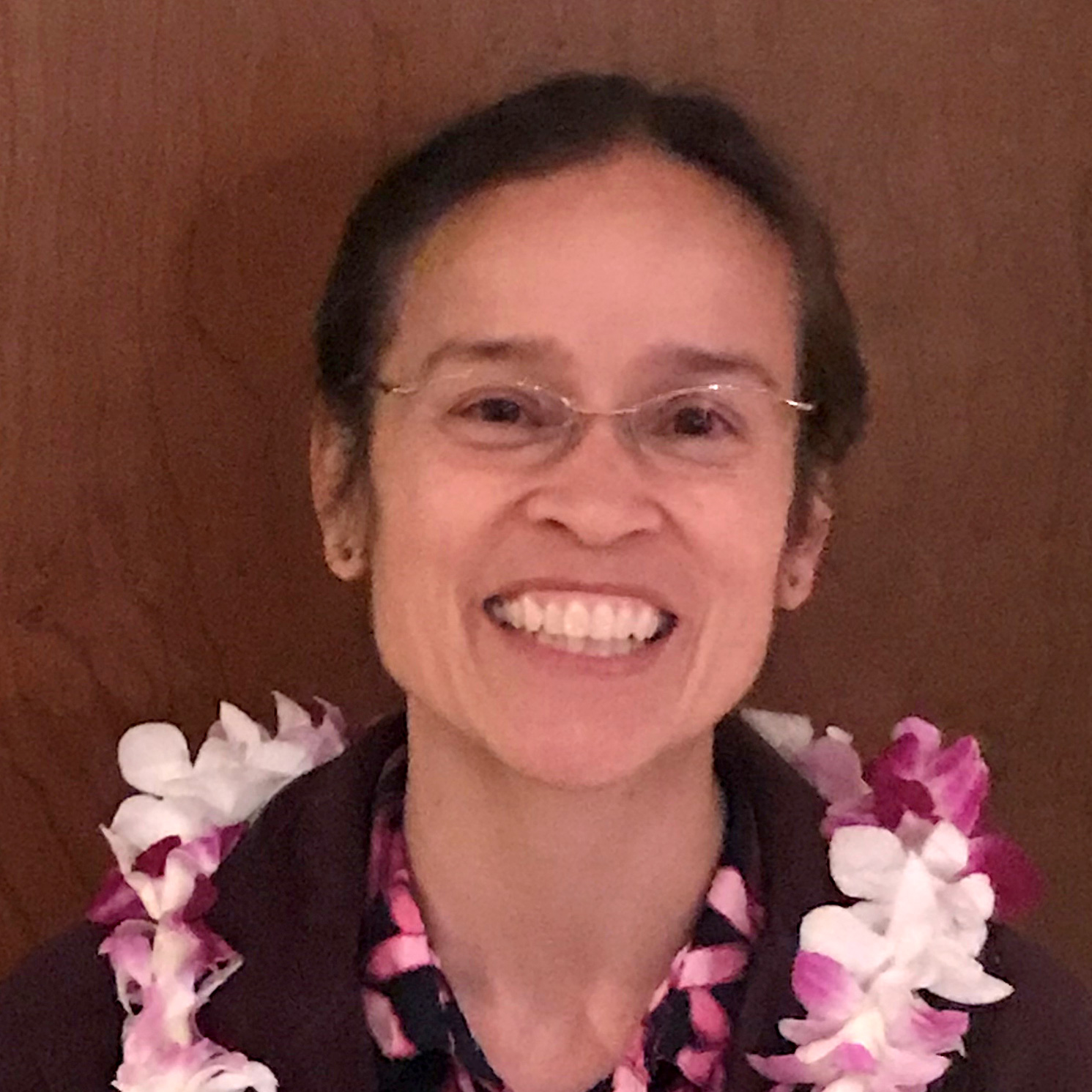
Leilani Arthurs
Leilani Arthurs is an Associate Professor in the Department of Geological Sciences at the University of Colorado at Boulder. Growing up on the Big Island of Hawai`i, she learned oceanography from the deep sea, geology from the volcanoes, and astronomy from dark night skies. Her enduring curiosity and sense of stewardship guided her through her first degree in Peace and Conflict Studies at UC Berkeley and then her second degree in Geology at UH Hilo. While pursuing her Geology degree, she was heavily influenced by her professors’ passion for teaching young adults and envisioned becoming a professor herself one day. Thus, while pursuing her PhD in Civil Engineering and Geological Sciences at the University of Notre Dame, she pursued four years of formal pedagogical training from the Kaneb Center for Teaching Learning and received four certificates for teaching excellence.
After graduate school, Arthurs was a Science Teaching Fellow for Carl Wieman’s Science Education Initiative at the University of Colorado at Boulder from 2007 to 2010. During that time, she combined and built upon her knowledge of social science research methods and geoscience concepts to build a repertoire of quantitative and qualitative geoscience education research methods. As a Science Teaching Fellow, she partnered with faculty members to improve undergraduate learning in science by introducing evidence-based and learner-centered teaching methods into courses such as Introduction to Oceanography.
Leilani’s research focuses on novice conceptions of Earth processes and phenomena, skill development, such as map-reading skills; the development of psychometrically reliable and valid assessment instruments, such as the Introduction to Oceanography concept inventory; and teaching-focused professional development of STEM college faculty. She also teaches geoscience courses for current and future high school science teachers and pedagogy courses for future STEM instructors. She also has taught summer ongoing education courses for in-service 6-12 science teachers wishing to learn Earth Science.
Committed to broadening participation in science, she’s been involved in several activities. For example, she taught for the Nā Pua No`eau program, a pre-kindergarten to college enrichment program to increase the number of Hawaiian students who attend and graduate from the University of Hawaiʻi. She served as the Secretary (3 yr), Vice President (1 yr), President (1 yr), and Past President (1 yr) for the National Association of Geoscience Teachers’ Geoscience Education Research Division. In those roles, she organized and hosted career development and mentoring programs and co-chaired geoscience education research topical sessions during the Geological Society of America’s annual conferences. She served on her department’s committee for Diversity and Inclusion for 6 years and co/liaison to the American Geophysical Union’s Bridge Program for 5 years.
Ocean Data Science Councilor
The Ocean Data Science Councilor represents the ocean data science community including disciplines such as informatics, ocean data sciences, interoperability, big-data, data visualization, data sharing.
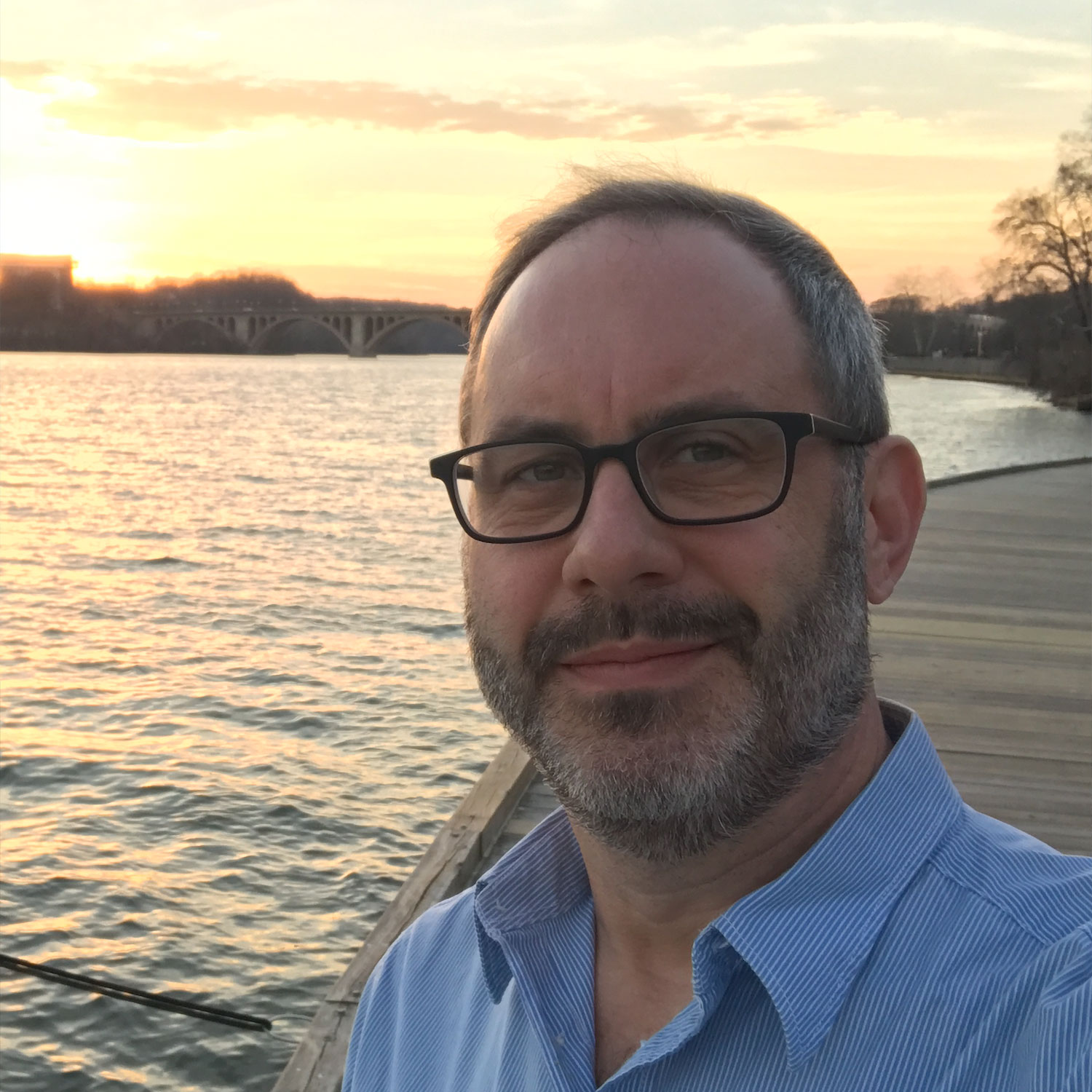
Jeremy Werdell
I resolved to become a marine scientist in 1988 upon returning from an eighth grade science trip to the Bermuda Biological Station for Research. After a quick stint in high school, I received a B.A. in Biology and in Environmental Science from the University of Virginia in 1996 and a M.S. in Oceanography from the University of Connecticut in 1998. In 1999, I joined NASA Goddard Space Flight Center (GSFC) as a research scientist, where I’ve remained ever since, as all oceanographers with a penchant for motion sickness should. When the stars properly aligned in 2014, I received a Ph.D. from the University of Maine. Today, I currently serve as the Project Scientist for the upcoming NASA Plankton, Aerosol, Cloud, ocean Ecosystem (PACE) mission, scheduled for launch in February 2024.
My primary interest focuses on improving our understanding of the ocean’s biological responses to Earth’s changing climate – namely, how the spatial distributions of phytoplankton communities evolve over time. If one cares about breathing and eating and aquatic recreation, then one cares about phytoplankton. Given that I wear a NASA badge, my mandatory secondary interests extend to the more challenging aspects of satellite remote sensing, including the on-orbit calibration of ocean color instruments, the development of remote-sensing algorithms, and the validation of satellite-derived data products. These, in combination with my subject matter living in a three-dimensional fluid on a rotating ellipsoid, create a research environment packed with opportunities to contribute to NASA’s pursuit of better understanding our home planet.
Broadly speaking, I hope to offer the Council expertise on oceanographic data utility and accessibility, visualization, and analysis. In my two-decade career, I’ve gained hands-on experience with all aspects of oceanographic data, from the top-of-the-atmosphere to the seafloor and everything in between. My tenure includes dataset development, analysis and assimilation of in situ and satellite time-series, algorithm development, measurement protocols maintenance, data processing, and mission formulation. I can offer a deep and frank perspective on the opportunities for diverse datasets to support community needs. I’ve accumulated insight into the inner workings of data accumulation and accessibility services from an agency perspective to that of an end-user.
My CV lists experiences that are professionally relevant to the work of this Council, such as maintenance of large datasets, teaching about data accessibility, visualization, and analysis, and participation in groups related to the above. What I also can contribute to the core values of the Council is my enthusiasm for cheerleading and supporting my team, particularly the early career crew, and interest in ensuring representation of underrepresented groups in STEM in hiring practices, acceptance into classes and opportunities, and mentoring activities (details available by request). I’m also actively working on a first-of-its-kind Inclusion Plan for my lab that defines tracking protocols, trainings, conflict resolution strategies, and feedback mechanisms, with attention to accessibility and accountability.
Outside of NASA, but also perhaps relevant qualities for a potential Council member, is that I’ve recently begun (perhaps not recently enough) journeys of self-reflection and-improvement. As a professional example, the experience of PACE pushed me into a position of leadership and management that I was unquestionably ill-prepared to accept. It was humbling. To that end, after several years of stumbling and bumbling, I recently sought out and completed an 18-month program in management and leadership offered by Harvard Business School online. This was a transformative experience – and also humbling, particularly those exercises where my subordinates, peers, and supervisors provided 360-deg feedback. I’m currently working with senior staff in my lab to put new processes in place. Finally, beyond being identified as the PACE Project Scientist, I also serve as a husband, father, son, friend, wannabe cook, former musician, avid music-lover, runner, beginner meditation practitioner, and future cookbook author.
Ocean Social Science and Policy Councilor
The Ocean Social Science and Policy Councilor represents the ocean social science community broadly defined including disciplines such as law of the sea, marine social sciences, ocean resource economics, marine policy and marine environmental ethics.
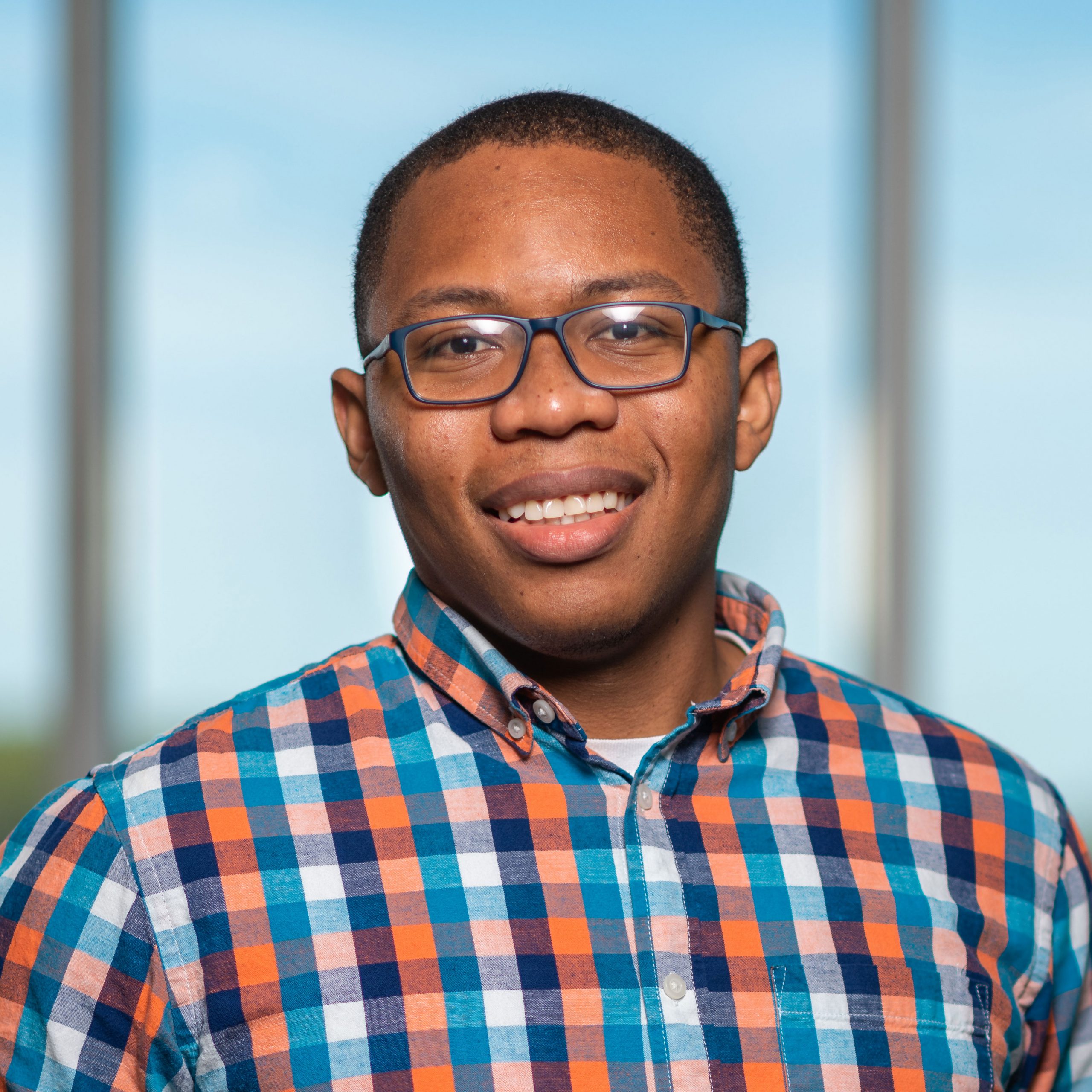
Eric Wade
Dr. Eric Wade is an assistant professor of environmental social science at East Carolina University and an assistant research scientist at the Coastal Studies Institute. His primary expertise is studying human-environment interactions within coastal and marine systems. Specifically, his research focuses on understanding the non-monetary factors influencing individual and collective decision-making in response to socio-ecological changes. Furthermore, Eric’s work examines how formal and informal institutions influence stakeholders’ behaviors and decisions within coastal and marine environments. His research areas include fisheries governance and management, marine spatial planning, and the social dimensions of marine renewable energy. His research is primarily based in the Wider-Caribbean region and North Carolina (USA). Dr. Wade is committed to conducting research that generates actionable science, contributing not only to theoretical knowledge but also to the development and well-being of local communities. Eric worked as a project officer for the Government of Belize’s Fisheries Department. He has also worked for the United Nations Food and Agriculture Organization (Sub-Regional Office for the Caribbean) as a Fisheries Management Expert and Illegal, Unreported, and Unregulated Fisheries Governance Expert. Eric also serves as the vice chair of the board of directors of the Gulf and Caribbean Fisheries Institute.
If elected, I look forward to (1) continuing to bridge the fields of policy, social science, and oceanography to support decision-making and science to tackle growing socio-environmental challenges and (2) expanding this connection by actively engaging experts, researchers, and stakeholders across disciplines and regions. To support this, I aim to leverage his network and experience in policy forums to position the TOS to lead efforts to support sustainable ocean practices.
Physical Oceanography Councilor
The Physical Oceanography Councilor represents the ocean physics community including disciplines such as physical oceanography, ocean acoustics, ocean circulation, physical ocean climate, air-sea exchanges.
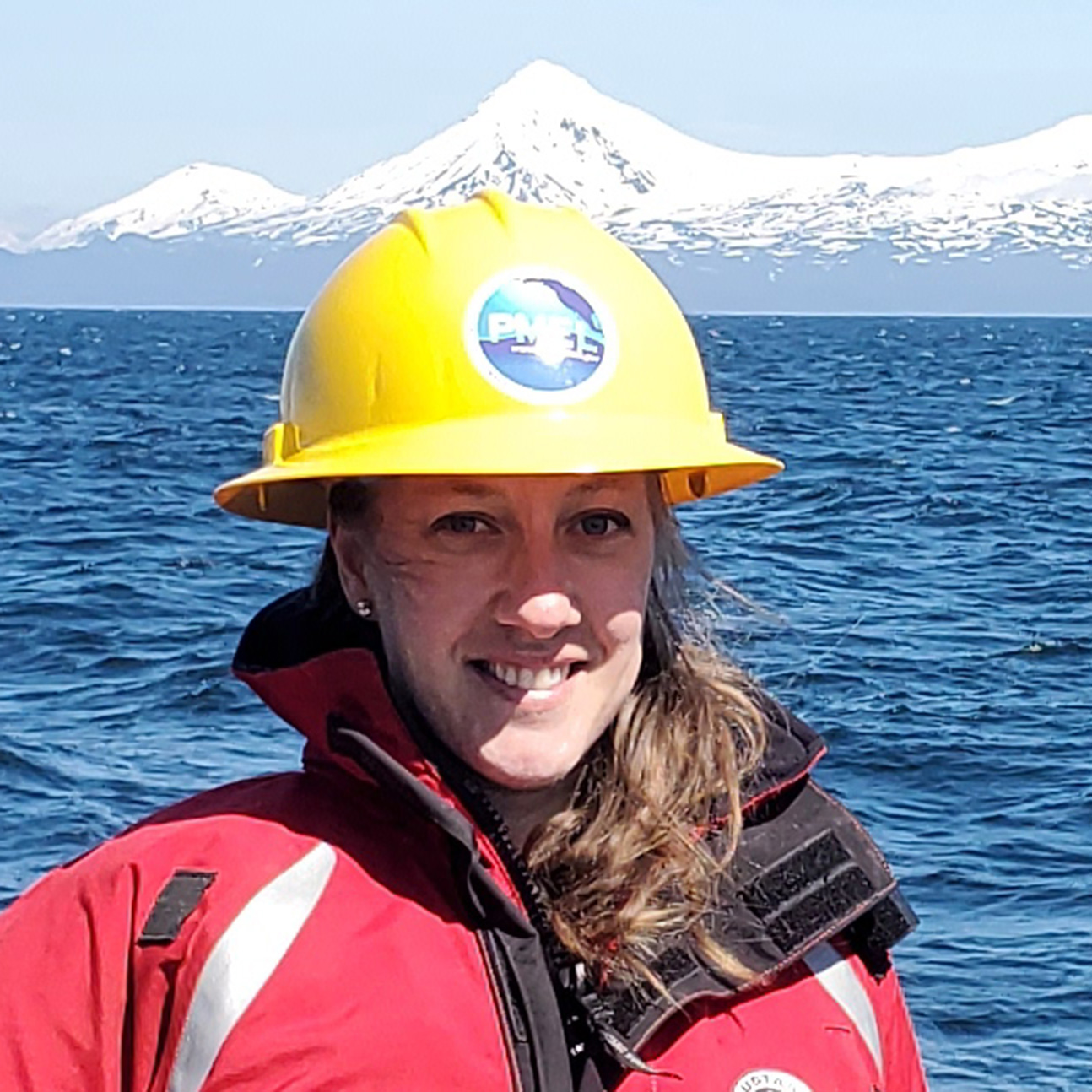
Emily Lemagie
Emily Lemagie is a sea-going research physical oceanographer at NOAA Pacific Marine Environmental Laboratory (PMEL). She received a Bachelor of Arts degree in Physics and English with honors as well as a minor in Mathematics from the University of Washington (UW) in 2006. She also holds a Master’s of Science in Marine Resource Management (2011) and a Doctor of Philosophy (2018), both from Oregon State University (OSU). She trained as a postdoctoral scholar at the Woods Hole Oceanographic Institution (WHOI) and at Scripps Institute of Oceanography before returning to Seattle to study ocean dynamics and the impacts on marine ecosystems in the North Pacific Ocean, Bering Sea, and U.S. Arctic.
She is currently a PI for the EcoFOCI program leading research of the dynamic relationships among climate, fisheries, and the marine environment with projects that range from local to regional and large scale and leverage a combination of satellite, autonomous platform, and ship-based observing approaches as well as high-resolution model output. She is editor for the PICES Press newsletter report The Bering Sea: Current Status and Recent Trends, and a contributor for the annual NOAA Ecosystem Status Reports For The Gulf Of Alaska, Bering Sea And Aleutian Islands, and for the NOAA Fisheries Regional Action Plan to guide implementation of the NOAA Fisheries Climate Science Strategy in the Gulf of Alaska.
Service to the oceanography community to support open sharing of ideas and information, early career professional development, and integration of JEDI principles into every aspect of the scientific enterprise have been fundamental tenets throughout her career. She volunteered with student mentoring programs at OSU and WHOI, and UW and co-chaired the 2019 Gordon Research Seminar on Coastal Ocean Dynamics, including fundraising to support travel costs for every student in need. She has almost a decade of experience as a board and committee member serving marine science organizations, such as: Pacific Estuarine Research Society (PERS, 2014 – 2018); Coastal and Estuarine Research Federation (CERF, 2014 – 2018); Mentoring Physical Oceanography Women to Increase Retention (MPOWIR, 2021 – present); North Pacific Marine Science Organization (PICES) Advisory Panel for the U.N. Decade of Ocean Science (2022 – present). These experiences have exposed her to a broad range of challenges and solutions from institutional, regional, national, and international perspectives.
It would be an honor and a privilege to join The Oceanography Society Council to assist with maintaining the high level of excellence within existing programs as well as with development and implementation of new initiatives. Dr. Lemagie has been engaged with TOS since her early career; as a student member she was selected to participate in the first trial mentorship program. It is the support and community afforded her by such opportunities that inspires her to want to give back.

© 2024 The Oceanography Society
1 Research Court, Suite 450-117, Rockville, MD, 20850, USA | Phone: (1) 301-251-7708 | [email protected] | Privacy Policy
